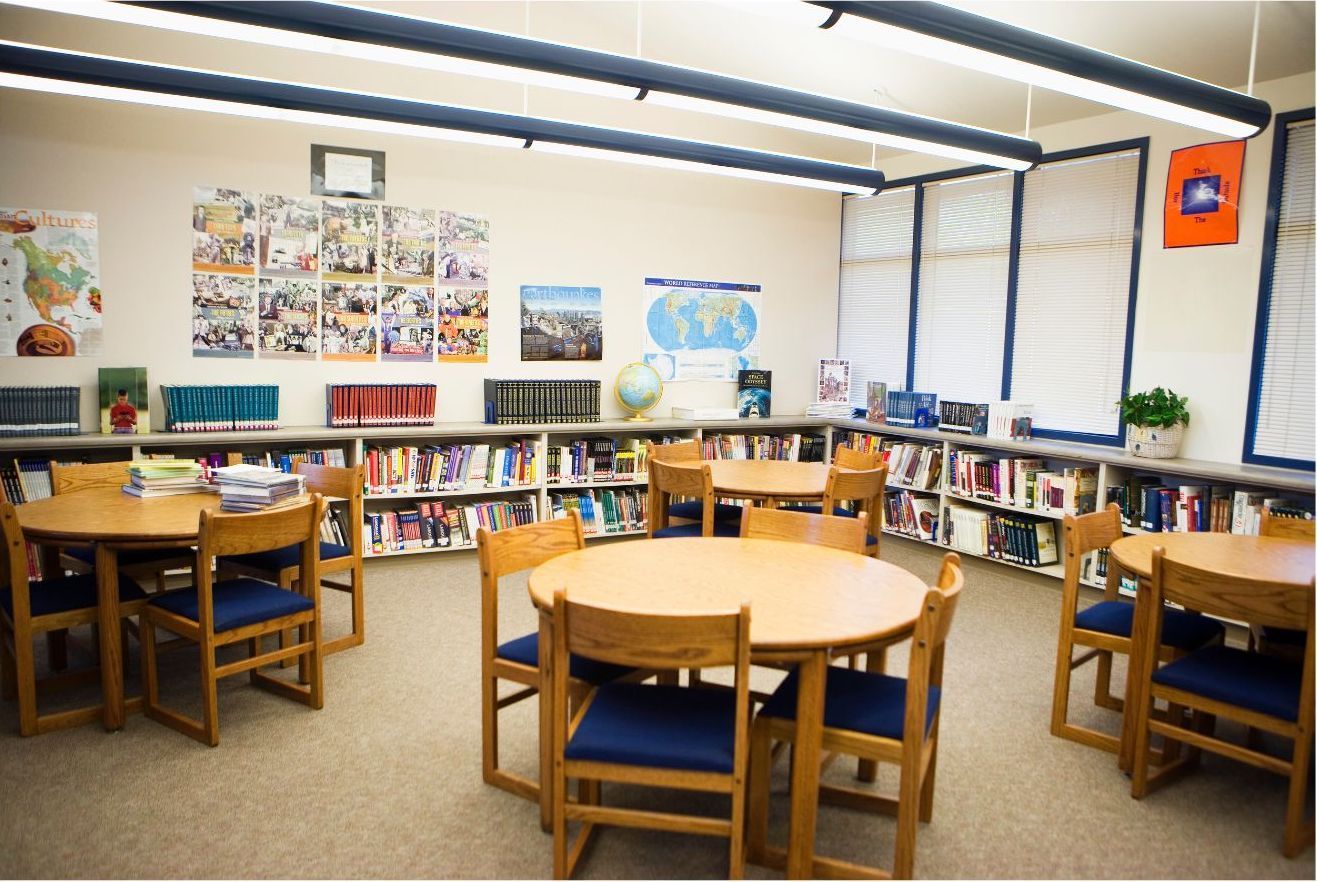Blog
What is AEL in the Montessori curriculum?
- by Lucie Picardo
- •
- 15 Mar, 2024
- •

Maria Montessori talked about ‘Activities of Everyday Living’ in her curriculum for 3-6 year olds. At Frinton Montessori, much of our AEL curriculum is now homed in our conservatory so you will often see it at drop off and collections times but what exactly does ‘AEL’ mean and what is its purpose?
Montessori herself categorised AEL skills into three areas:
1.Manipulative skills (We would call these fine motor and gross motor skills)
2.Care of self
3.Care of the environment
The language used by Montessori might seem a little old-fashioned, possibly even some of her values but when we look a little closer at our AEL curriculum we see how it really is at the heart of daily life and our values at Frinton Montessori.
Manipulative Skills
Each activity has a direct outcome which is the specific skill the child will refine. This might be pouring between jugs, using a key to open a lock or threading beads. All of these skills in themselves are useful and practical but they also have indirect outcomes which means they are refining a much wider range of skills such as hand-eye coordination, concentration, resilience, strengthening of the wrist and fingers and refining the pincer grip. Put simply, everything has a purpose, and that purpose is always linked to the child’s development and growing independence!
Care of Self
We aim to teach self-care as precisely as any other activity - thinking carefully about clear steps the child can use and practise. We may make our movements slow and almost theatrical; for example in showing the child how to blow his or her nose.
We also include the following in ‘care of self’;
- Moving around inside and outside
- Sitting on a chair or a mat
- Rolling and unrolling mats
- Carrying and using equipment safely
- Setting out and navigating around floor mats
- Tucking chairs under
- Coughing and sneezing
- Using a knife, fork, spoon and cup
Care of Environment
We are at the heart of this by presenting the environment each day as tidy, inviting, orderly and well-matched to the children’s physical and mental abilities.
The children are encouraged to build responsibility for their environment as part of a community and a sense of belonging. We help each other to tidy up and foster a sense of pride in all of our environment.
Montessori always advocates for real rather than role-played activities - letting the child actually sweep the garden with a real broom rather than playing with a pretend one.
“Every useless help is an obstacle to development.” Montessori, 1946: 59-60
The children are encouraged to build responsibility for their environment as part of a community and a sense of belonging. We help each other to tidy up and foster a sense of pride in all of our environment.
Montessori always advocates for real rather than role-played activities - letting the child actually sweep the garden with a real broom rather than playing with a pretend one.
“Every useless help is an obstacle to development.” Montessori, 1946: 59-60

Starting primary school can be an exciting yet daunting experience for both children and parents. It marks the beginning of a new chapter in a child's life, one that sets the foundation for their future education and social development. As a parent, it's natural to have questions and concerns about how to best prepare your child for this significant milestone. That's why we've created this guide to help you navigate the process and make the transition to primary school as smooth as possible. By following the tips and advice in this guide, you can help your child feel confident and excited about starting their new adventure!

